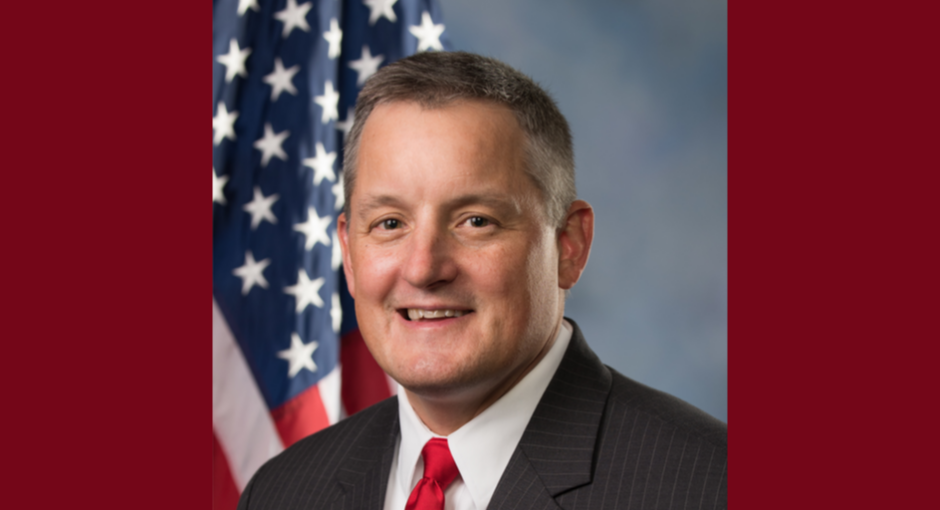U.S. Rep. Bruce Westerman (R-Ark.) has reintroduced a comprehensive health care bill he sponsored during the last session of Congress that would create new reporting requirements for 340B disproportionate share (DSH), children’s, and free-standing cancer hospitals and their child sites.
Westerman, a Hot Springs native who represents the Fourth District of Arkansas, filed H.R. 8588, the Fair Care Act, in late July along with fellow Republican Rep. Anthony Gonzalez of Ohio. It is virtually identical to legislation with the same name that Westerman introduced in October 2020. Sen. Mike Braun (R-Ind.) introduced companion legislation during the 116th Congress but has not so far during the current session. Last year, Braun introduced a bill to let the federal government audit all 340B covered entities to determine how they use net income from drugs bought under the 340B program.
H.R. 8588 would require 340B DSH, children’s, and free-standing cancer hospitals to report every year for both parent and child sites
- how many patients received 340B drugs broken down by insurance status and receipt of charity care
- total acquisitions costs and reimbursements for 340B drugs
- the names of all third-party vendors contracts with to provide 340B-related services.
When they enroll in 340B and annually thereafter, DSH hospitals would have to submit “the contract that is the basis for eligibility” to the U.S. Health and Human Services Department (HHS) for review.
HHS’ Health Resources and Services Administration (HRSA) would have to make the hospitals’ patient insurance status, charity care cost, and contract information publicly available on the 340B Office of Pharmacy Affairs Information System (340B OPAIS). The HHS Office of Inspector General (OIG) would have two years from the bill’s enactment to report to Congress on 340B DSH, children’s, and free-standing cancer hospitals’ and their child sites’ provision of charity care.
The U.S. Government Accountability Office (GAO) would have one year to report to Congress on 340B DSH hospitals’ contracts with state and local governments to serve low-income patients ineligible for Medicaid, the amounts of care the hospitals must provide under their contracts, and how the contracts define who is a “low-income individual.” GAO would have two years to deliver a report on the difference between 340B DSH, children’s, and free-standing cancer hospitals’ aggregate 340B drug costs and revenues, broken down by child site.
Another section of H.R. 8588 would require 340B DSH hospitals to submit and regularly update data, for themselves and their child sites, on their “low-income outpatient utilization rate” for the most recent fiscal year. The section defines “low-income outpatient utilization rate” the same as the Social Security Act’s definition for purposes of Medicare DSH adjustment payments, except with references to “inpatient” switched to “outpatient” and other comparable changes, and the definition would be expanded to include child sites. HRSA would have to report this data to Congress annually.
Westerman is in his fourth term in office and serves on House Minority Whip Steve Scalise’s (R-La.) whip team. The whip team works to line up votes from fellow Republicans on legislation going to the floor. The congressman does not serve on either committee with health care jurisdiction but that could change if the GOP takes control of the House during the upcoming midterm elections.


